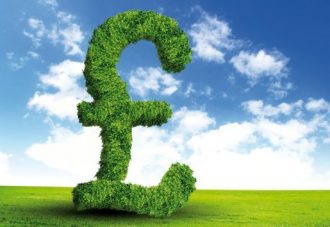FIRST STEPS IN SCENARIO TESTING CLIMATE CHANGE
Matt Moscardi, senior analyst and head of sector research at MSCI ESG Research, anticipates that investors will expand their view of portfolio climate risk from a company carbon footprint to macro exposures across asset classes.
MSCI has found that at least 40% of each major asset class is exposed to countries at high risk to irreparable physical damage under a high warming scenario.
Moscardi says that institutional investors moving their portfolio to mitigate climate change has been a bottom up process, where you find out how much carbon companies emit and tilt the portfolio accordingly. This approach could be about to change.
“Spurred by the taskforce on climate disclosure, there’s an emphasis on scenario modelling and a top down approach,” he adds. “That is going to be huge this year. Investors are going to need to look at climate change not just from a company perspective but from an asset allocation perspective, too.”
A SEARCH FOR QUALITY IN EMERGING MARKETS
China A-shares listing on the MSCI EM will expand the companies in the index by around 20%.
“This will prompt institutional investors and asset managers to look for high-quality companies in markets that are constantly shifting, evolving and tend to be opaque,” Moscardi says. “There is a higher degree of information asymmetry and ESG helps penetrate that.”
Indeed, around 15% of emerging market domiciled constituents of the MSCI ACWI Index have ESG ratings that eclipse their country’s ESG sovereign ratings, making them country outperformers that investors need to find.
THE ACCELERATION OF ESG INTO FIXED INCOME
Fixed income has historically lagged equities when it comes to ESG analysis adoption, but could this be about to change?
In 2018, MSCI foresees that the “push” from asset owners eager to align their ESG frameworks across asset classes will coincide with the “pull” factor that ESG could add value to credit analysis.
“As more investors are looking to go multi asset with their climate analysis, there is a lot of momentum in other asset classes,” Moscardi says.
“Clients are demanding ESG frameworks across fixed income because for a lot of them it is the biggest proportion of what they own.”







